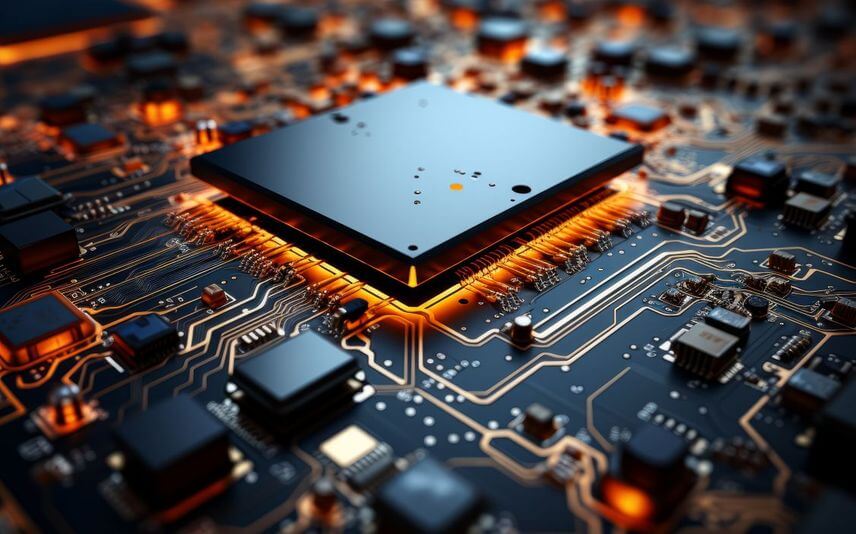The US AI chipmakers are facing increasing pressure in the Chinese market as Huawei, backed by the Chinese government's push for technological self-reliance, gains ground. This shift is fueled by a combination of US export restrictions and China's determination to foster domestic chip innovation.
The US government has implemented a series of export controls aimed at limiting China's access to advanced computing and semiconductor manufacturing items. These restrictions, first introduced in October 2022 and tightened in subsequent updates, target the transfer of high-end chips, design tools, and chipmaking equipment to China, intending to impede its progress in AI and supercomputing. The restrictions have expanded to include limitations on AI chip sales to most global regions, establishing a three-tier system of chip trade limitations, with China and Russia as primary targets.
These export controls have had a tangible impact. Nvidia, which previously held a dominant position in China's AI chip market with an estimated 90% share, has seen its revenue from China decline. To comply with restrictions, Nvidia has been forced to develop downgraded AI chips, such as the H20, specifically for the Chinese market.
Meanwhile, Huawei has emerged as a strong contender. Despite facing its own set of US sanctions that restrict its access to advanced chipmaking equipment, the company has been making strides in developing its Ascend series of AI chips. Huawei's Ascend 910B chip is considered a competitor to Nvidia's A100, and the company is planning to mass-produce its next-generation AI chip, the Ascend 910C, in 2025. Huawei's chips are becoming increasingly popular among Chinese research institutions and companies, particularly in sectors like healthcare. The Ascend 910B chip has been used to power AI models designed to assist surgeons with tasks such as surgical planning and diagnostics.
However, Huawei's progress is not without its challenges. US sanctions have hampered its ability to access cutting-edge chipmaking technologies, limiting its production yields and potentially affecting the performance of its chips. While Huawei is reportedly increasing the yield rate of its newest 910C chip, it still lags behind global industry leaders. Manufacturing limitations also impact the functionality of Huawei chips, with the 910B reportedly struggling with inter-chip connectivity and memory speeds.
Despite these challenges, China is actively promoting the adoption of domestic AI chips, with Beijing urging Chinese companies to prioritize local alternatives like Huawei's over Nvidia's. China is also exploring new chip performance standards that favor energy-efficient designs, potentially further incentivizing the use of domestic chips.
The rise of Huawei and other Chinese chipmakers like Cambricon, whose stock has seen substantial growth, reflects China's broader push for self-sufficiency in critical technologies. This drive is fueled by concerns over national security and a desire to reduce reliance on foreign suppliers. While US companies are expected to lead the global market in terms of revenue in 2027, China is projected to lead the Asia Pacific market.
The long-term consequences of this evolving landscape remain to be seen. Some experts believe that US export controls may ultimately backfire, accelerating China's domestic chip innovation and potentially turning Huawei into a global chip-making powerhouse. Others suggest that China's technological advancement will stall. Regardless, the US chipmakers face the challenge of navigating these restrictions while maintaining their competitiveness in a crucial market.

















